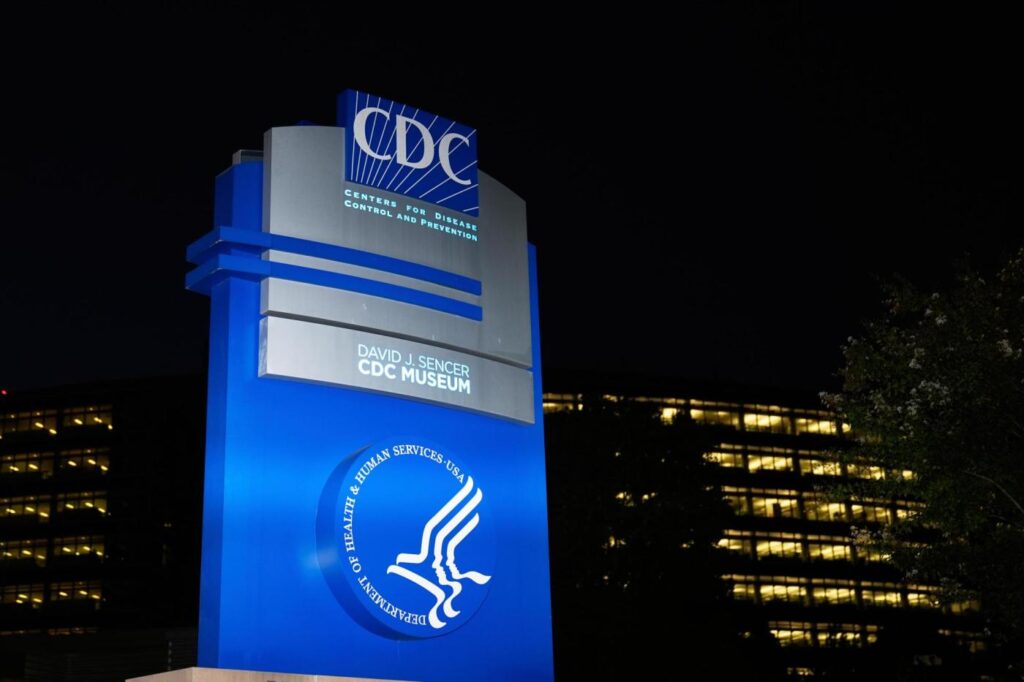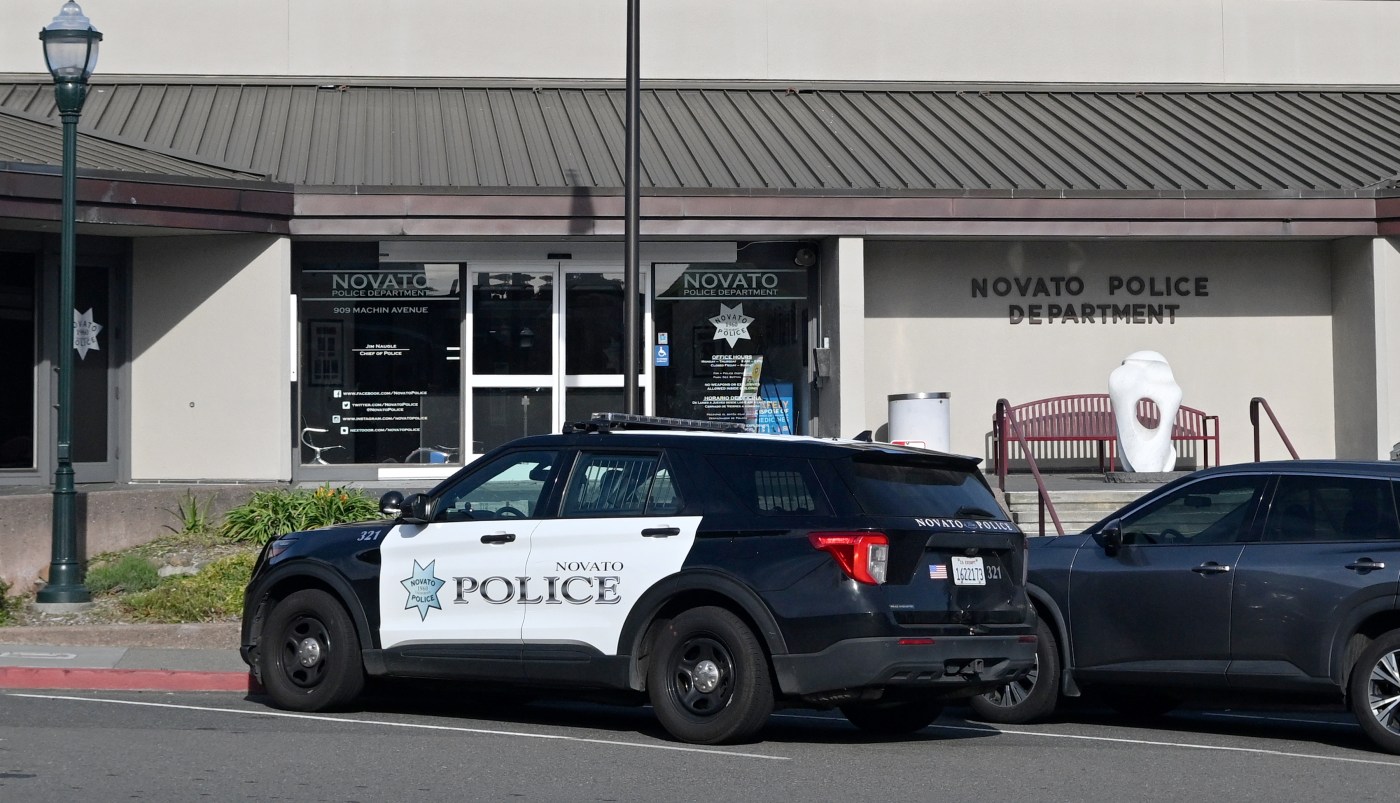
The recent decision by the Centers for Disease Control and Prevention (CDC) to reject the four-in-one measles, mumps, rubella, and varicella (MMRV) childhood vaccine and downgrade COVID-19 vaccinations from a universal recommendation to a suggestion for individual consultation has sparked significant concern among healthcare professionals and families. This change, made on September 18, 2023, introduces confusion and potential health risks for families, particularly those with vulnerable members.
This policy shift means that families now face the prospect of needing to consent to multiple vaccinations for their children, increasing the likelihood that some may miss critical immunizations. The MMRV vaccine has historically reduced childhood diseases that once resulted in severe health consequences—including death or lifelong disabilities. With the shift away from the MMRV, parents are left navigating a more complex vaccination landscape, which can lead to delays in coverage.
According to research, each additional vaccine dose can decrease the chances of receiving full protection. Alarmingly, the number of reported measles cases in the United States has surged to its highest level since the disease was declared eliminated in 2000. The confusion stemming from the new guidelines may exacerbate this trend, particularly as nearly one in three parents currently believes at least one false claim about vaccines, further complicating the situation.
Healthcare providers are feeling the impact of these changes directly in their practices. Maria Portela, a family medicine physician and public health researcher based in Maryland, notes that the new recommendations create additional barriers in her exam room. Conversations about vaccine hesitancy can extend visits significantly, reducing the time available for other critical health management tasks. Pediatric visits average just 15 minutes, yet discussions around vaccinations can consume much of that time, resulting in lost opportunities to address other health concerns, such as early diabetes detection or managing hypertension.
The recent advisory panel’s move to a shared decision-making model for COVID-19 vaccinations has also raised questions. While this approach aims to empower families, it has unintentionally introduced uncertainty. Patients now wonder about their eligibility for vaccines, leading to anxiety among families, particularly those with immunocompromised members. Portela recounts an experience where patients expressed fears about being turned away from pharmacies, with one mother particularly concerned for her immunocompromised father living with her.
On September 21, 2023, Portela faced the consequences of the new guidelines firsthand. Despite being immunocompromised and eligible for additional vaccine protection, she was denied access to a COVID-19 vaccine due to an insurer-pharmacy mix-up, leaving her to pay out-of-pocket—a cost exceeding $200. This experience mirrored those of several patients who also found themselves turned away, highlighting a broader issue wherein pharmacies and insurers struggle to navigate the confusion brought about by the new guidelines.
As the CDC’s changes take effect, the potential for reduced vaccine uptake looms large. Pharmacies may hesitate to provide vaccines, and insurers might become more cautious in their coverage decisions. This creates a scenario where patients who once relied on easy access to vaccinations may now hesitate to seek care, with the greatest impact felt by those with fewer resources. Approximately one in five individuals report lacking a usual source of care, making the phrase “ask your provider” a significant barrier rather than a straightforward instruction.
The risks associated with splitting the MMRV vaccine stem from concerns about febrile seizures, yet studies indicate the incidence of such reactions is low—occurring in approximately 8 in 10,000 doses and rarely causing lasting harm. Similarly, evidence supports the safety and efficacy of COVID-19 vaccines, with adverse events being relatively rare compared to the substantial benefits they provide.
The underlying issue is clear: policies that create obstacles to vaccination undermine the preventive care that families rely on. Trust between healthcare providers and patients is crucial, and any erosion of that trust can have dire consequences for public health. Portela urges the CDC to reconsider its universal vaccine recommendations and restore access to combination shots that enhance compliance.
This issue extends beyond the federal level; healthcare professionals must actively combat misinformation in their practices and advocate for clarity in public health policies. Families, too, are encouraged to engage with their elected officials to defend access to vaccines and hold accountable those responsible for policy changes. Public health systems must ensure that families seeking protection are not turned away, as failing to guarantee access to safe, proven vaccines ultimately betrays the very communities these systems are designed to protect.






